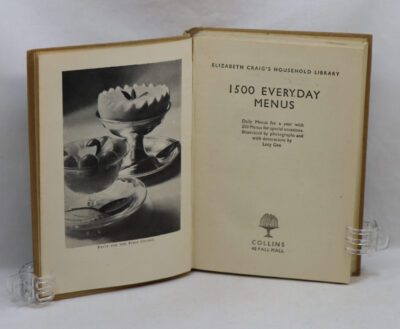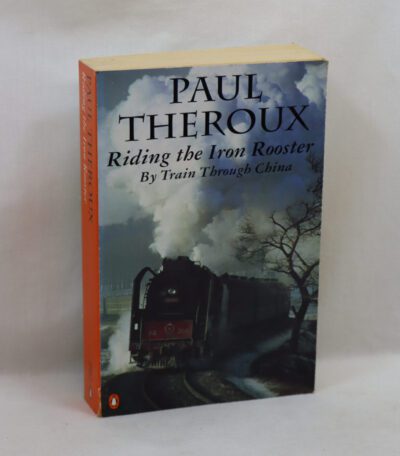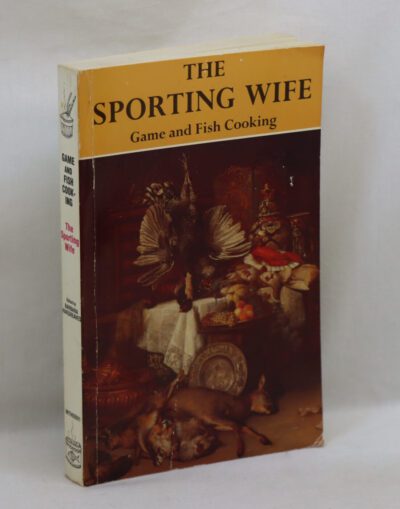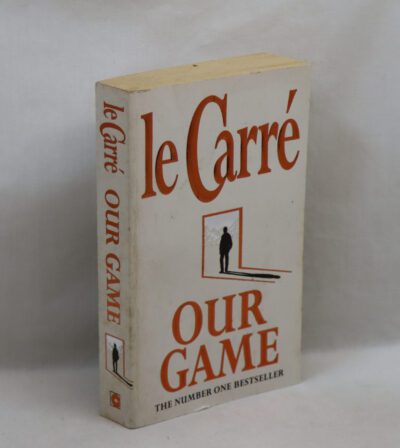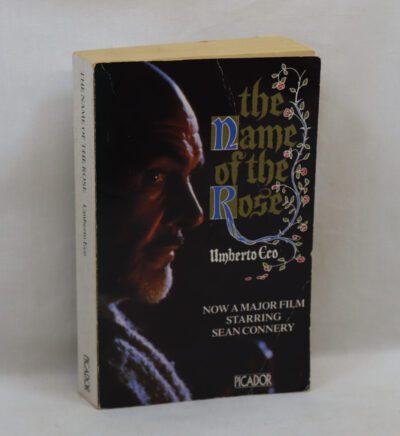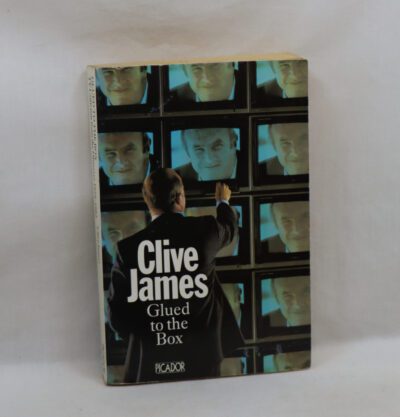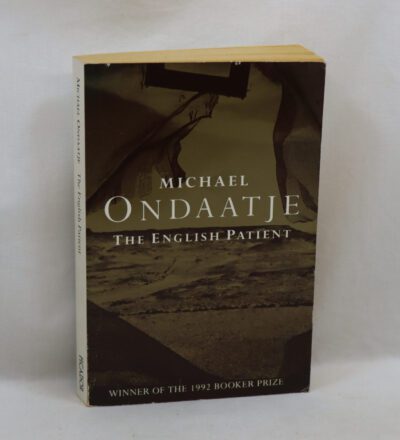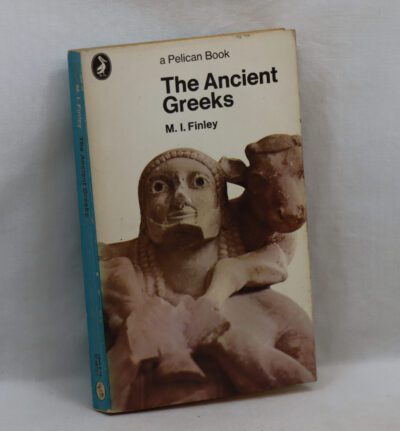Crotchet Castle.
By Thomas Love Peacock
Printed: 1964
Publisher: Folio Society. London
| Dimensions | 14 × 23 × 2 cm |
|---|---|
| Language |
Language: English
Size (cminches): 14 x 23 x 2
Condition: Fine (See explanation of ratings)
Item information
Description
Brown cloth spine with gilt banding and title. Green, cream and brown marbled paper boards.
F.B.A. provides an in-depth photographic presentation of this item to stimulate your feel and touch. More traditional book descriptions are immediately available.
Crotchet Castle is the sixth novel by Thomas Love Peacock, first published in 1831.
As in his earlier novel Headlong Hall, Peacock assembles a group of eccentrics, each with a single monomaniacal obsession, and derives humour and social satire from their various interactions and conversations.
The character who most closely approximates to the author’s own voice is the Reverend Doctor Folliott, a vigorous middle-aged clergyman with a love for ancient Greek language and literature, who is greatly suspicious of the reform slogan of the “March of Intellect”, as well as anything done by the “learned friend” (his nickname for Lord Brougham). There are two romantic courtships, between Mr. Chainmail (who is convinced that the world has gone downhill continuously since the twelfth century) and Susannah Touchandgo (the daughter of a disgraced banker), and between Captain Fitzchrome (an attractive gentleman with only a moderate income) and Lady Clarinda Bossnowl (the daughter of an impoverished peer, who is cynically determined to make a financially rewarding marriage). The action begins during a house-party in the nouveau riche Mr. Crotchet’s villa on the Thames (up-river from London), continues during a river and canal journey towards Wales, and ends in Mr. Chainmail’s pseudo-medieval dwelling (near Crotchet’s villa), with a parody of the Captain Swing riots.
Thomas Love Peacock (18 October 1785 – 23 January 1866) was an English novelist, poet, and official of the East India Company. He was a close friend of Percy Bysshe Shelley and they influenced each other’s work. Peacock wrote satirical novels, each with the same basic setting: characters at a table discussing and criticising the philosophical opinions of the day.
Want to know more about this item?

Related products
Share this Page with a friend




